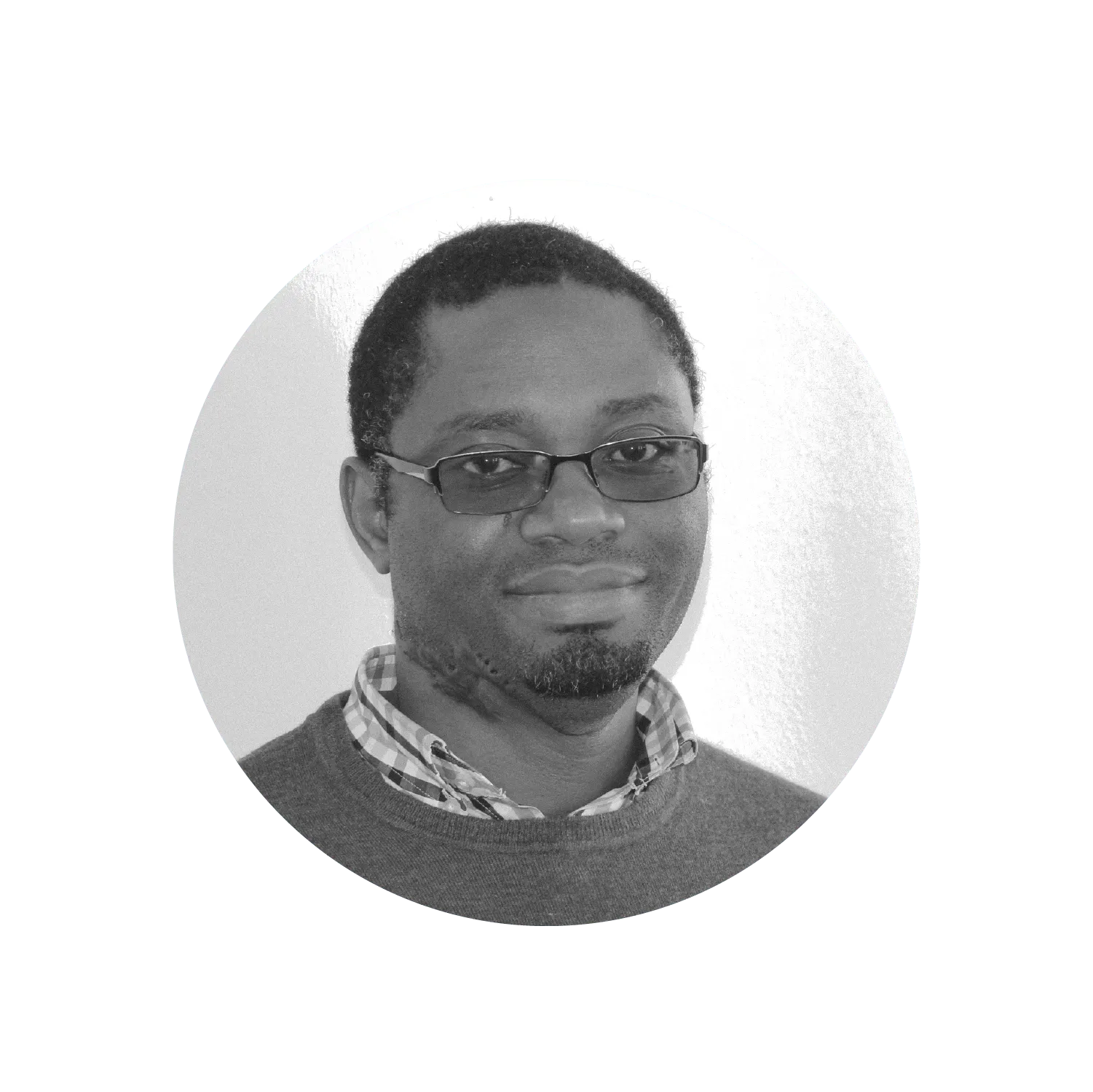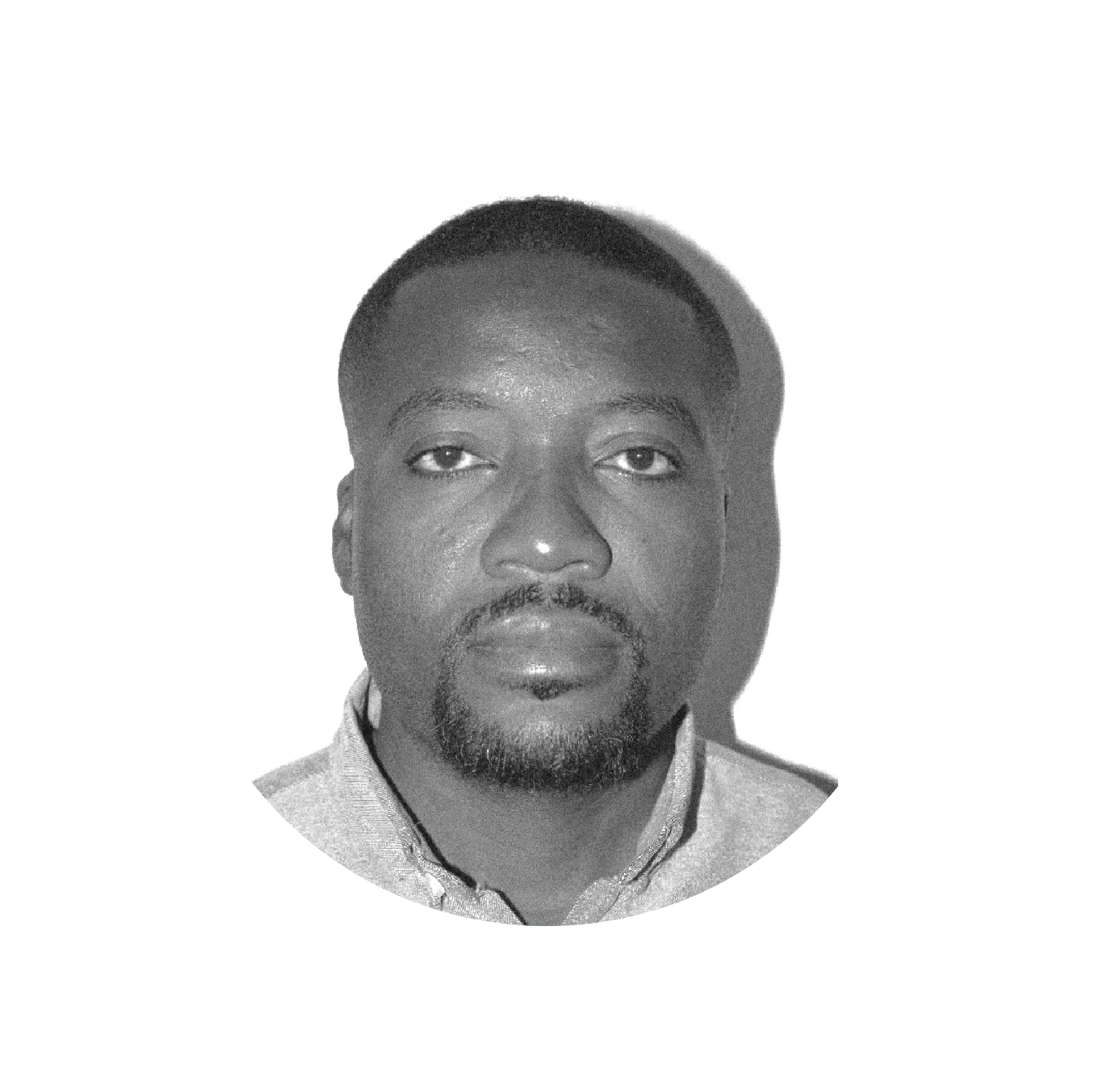Border Closure and Subversive Practices
The DRC team will explore how the economic, social, and affective impact of the border closure between the DRC and Rwanda resulted in uncertainties and “subversive practices” among cross-border traders. Particularly affected by the closure of the border between Goma and Gisenyi, which 40,000 people usually cross on a daily basis, were small traders, especially women, living in a politically and economically uncertain context where importing agricultural goods is often the only source of income. Due to the border closure, these women cannot provide for their families, causing feelings of uncertainty, powerlessness, and anger. Our research will therefore try to answer the following questions: How was the border closure informed by stakeholders’ expertise and how was it enforced? What economic and social impact did the border closure have on cross-border small traders’ lives? How did they cope with the immobilization of their border work in a context of uncertainty and mistrust? How did the more privileged border crossers, as well as border officials and border police, respond to, and partially exploit, the situation? How did vulnerable groups (female traders, disabled persons) and their associations work around these immobilization measures and corruption practices through “subversive practices”?
Project Team
Nene Morisho
Dr. Nene Morisho is a Senior Researcher and Coordinator at Pole Institute based in Goma, Eastern DR Congo. He has a Ph.D. in Institutional economics and has more than 7 years’ experience working on several issues including conflicts analysis, links between conflicts and economy, institutional and regulatory issues, especially related to the mining sector, the business environment, cross-border trade and management of cross border resources in the Great Lake region. He is experienced in conducted both qualitative (using anthropological and ethnological methods) and quantitative research. Since 2018, He is involved in many researches on Ebola and Covid 19 outbreaks, in the field of medical anthropology.
Phidias Senge
Dr. Senge has a Ph.D. in Political Science, and is a senior researcher at Pole Institute. He has published two books: State of the African State (L'Harmattan 2019) and African Citizen Movement(L'Harmattan 2021). He is interested in questions relating to statology, governance, and political sociology.
Copyright ⓒ 2023 고양어린이박물관 All rights reserved.


